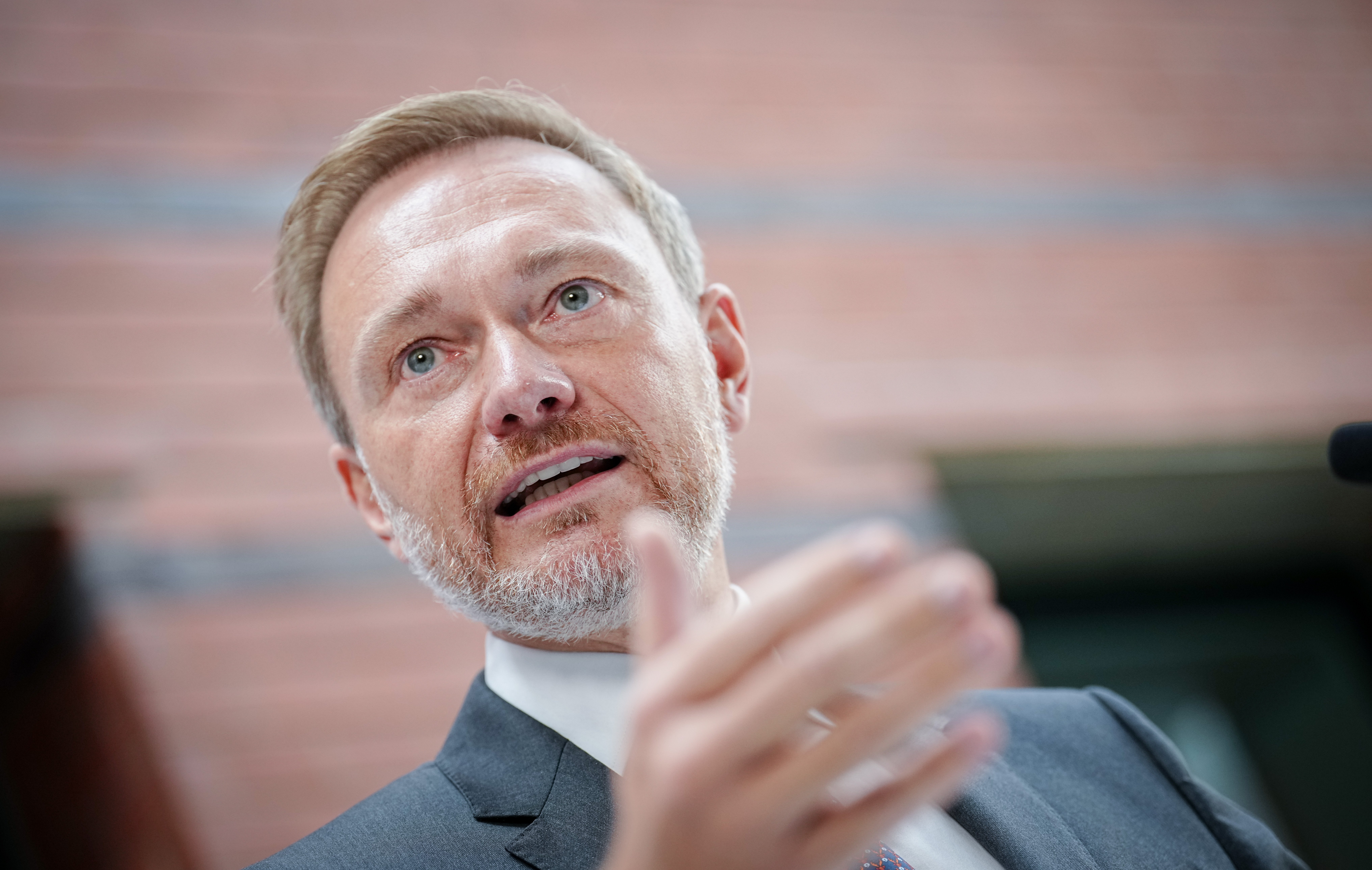“The offices of UniCredit Bank AG (HypoVereinsbank) in Munich were searched yesterday (Wednesday) on the orders of the public prosecutors in Frankfurt, who are investigating suspicions of tax evasion,” the bank said in a statement.
A spokesman for prosecutors told AFP the raids were carried out by 60-70 officers at 13 different premises, both business and private, around the country. He declined to reveal any further details.
HypoVereinsbank explained that the tax authorities were questioning the award of capital gains tax credits in connection with share transactions carried out between 2006 and 2008 shortly before annual dividend payments were due.
The bank insisted it is cooperating with the authorities and keen to clear up the allegations.
A report in the daily Süddeutsche Zeitung put the estimated loss to the tax authorities at €124 million ($161 million).
HypoVereinsbank is Germany’s sixth-biggest bank and was acquired by UniCredit at the end of 2005.
AFP/mry




 Please whitelist us to continue reading.
Please whitelist us to continue reading.
Member comments